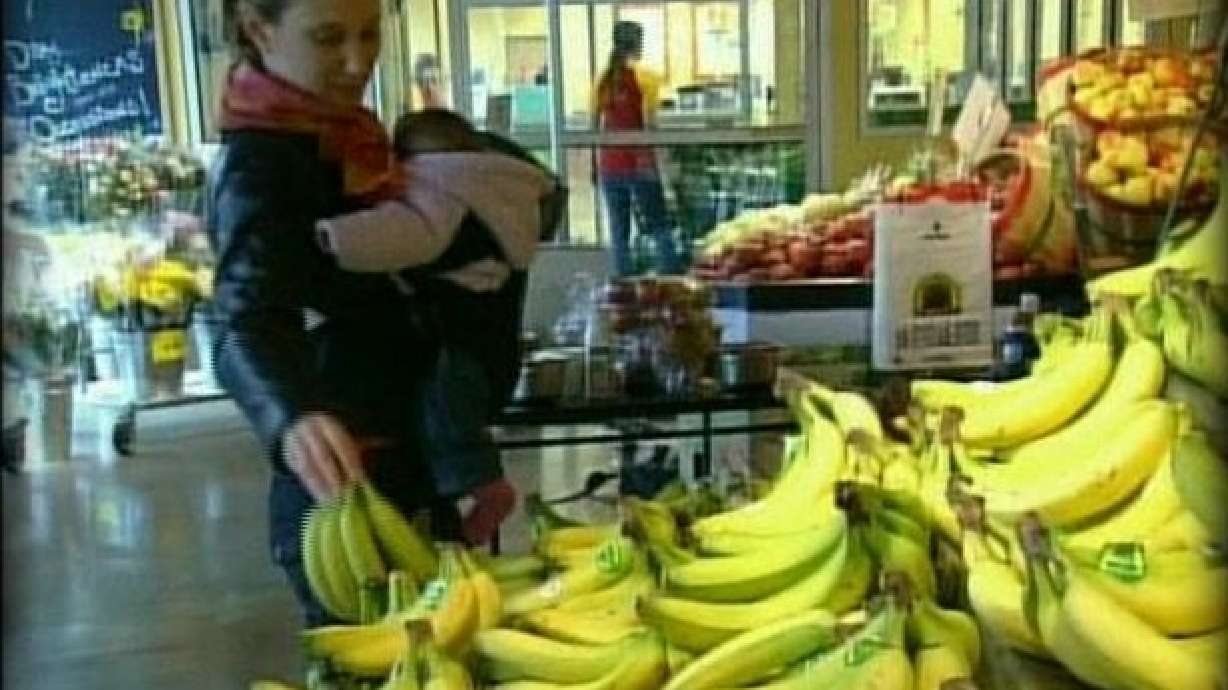Estimated read time: 2-3 minutes
This archived news story is available only for your personal, non-commercial use. Information in the story may be outdated or superseded by additional information. Reading or replaying the story in its archived form does not constitute a republication of the story.
NBC News Consumers are flocking to organic foods. In fact, sales topped ten-billion dollars last year. But does buying organic pay off?
It depends on what you're eating.
Shoppers concerned about both pesticides and their budget can now turn to a recently released list that helps them pick and choose; buying only organic if the fruits and veggies have the highest concentrations of pesticides.
Richard Wiles, Environmental Working Group: "If you're concerned about pesticides this is the list you need to focus on to buy organic."
It comes from the environmental working group in Washington. Scientists poured over government tests on 43 popular fruits and vegetables, focusing on the "pesticide loads."
That's how they found "the dirty dozen": Foods that carry a heavy load of pesticides. The worst offenders: peaches. Followed by: apples, sweet bell peppers, celery, nectarines, strawberries, cherries, pears, imported grapes, spinach, lettuce, and potatoes.
Richard Wiles, Environmental Working Group: "Those are some of the most contaminated with pesticides where you should buy organic."
It's a special concern for parents. Studies indicate children may be more vulnerable to toxins in pesticides.
SOT: Richard Wiles, Environmental Working Group: "They're smaller. So they eat more food relative to their size. So they get a bigger dose of pesticides."
Washing and peeling don't make much of a difference. All the foods in the study were thoroughly washed before testing.
Steve Scrimpsher, Sunflower Market: "Soft skinned produce absorbs more pesticides or if they are grown close the ground they can pick up more pesticides."
Which brings us to the good news: Foods with almost no detectable pesticides, often because they have thick protective skins, or because they were simply exposed to fewer chemicals while growing.
They're called the cleanest twelve: Onions, avocados, frozen sweet corn, pineapples, mangos, asparagus, frozen sweet peas, kiwi, bananas, cabbage, broccoli, and papaya. Reassuring information for parents, overwhelmed by decisions and prices.








